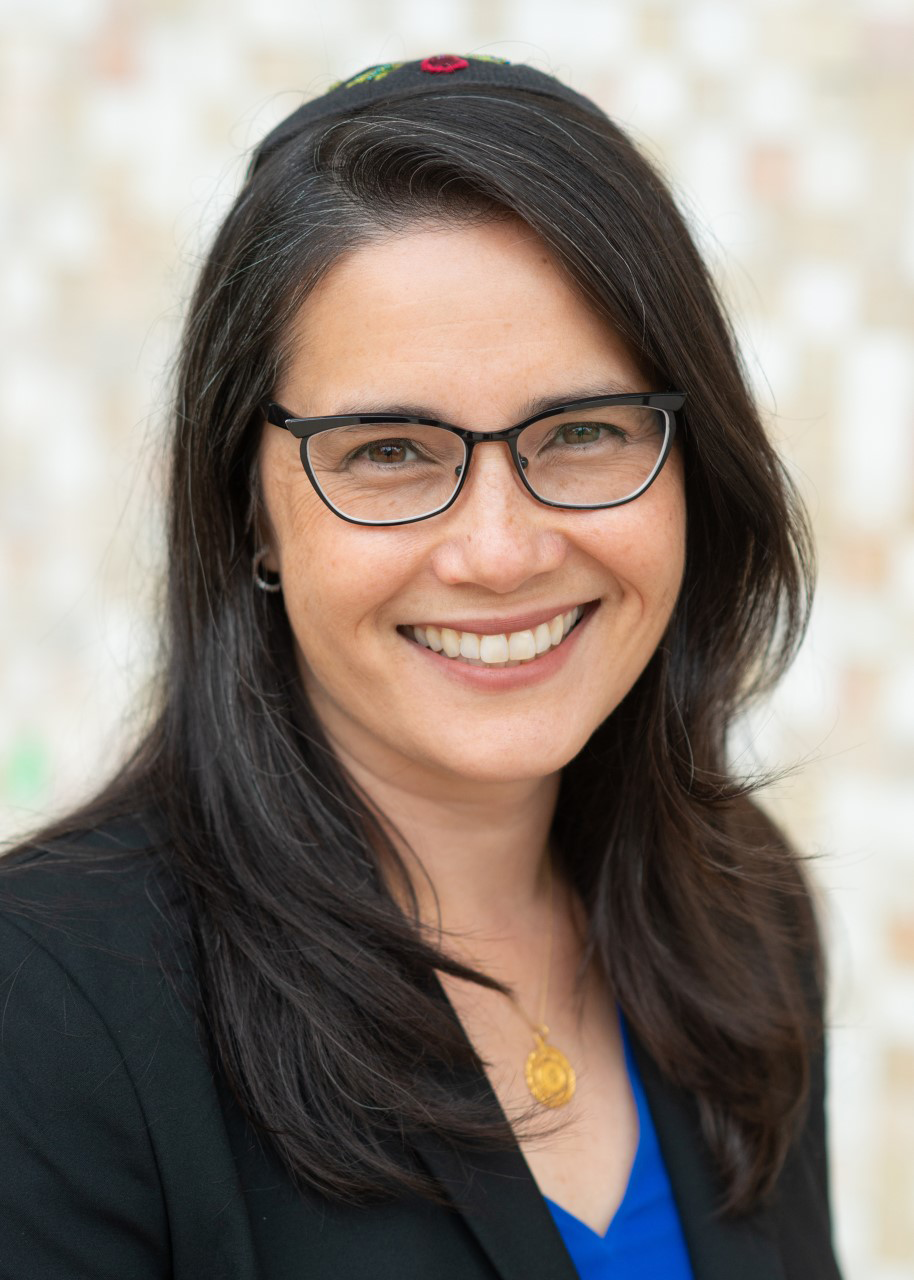In his 1966 novel, The Gates of the Forest, Elie Wiesel famously wrote, "God created [hu]man[s] because [God] loves stories." Indeed, each of our lives is a story that is told to the world. Our stories involve many characters, have plot twists, and offer lessons that teach something of the nature of life. Our life stories highlight what is important to us, what ideals guide us, and the significant experiences that have shaped who we are. Every life is a story. Telling that story helps us remember who we are.
Remembering who we are is a theme of this week's Torah portion: Ki Tavo. At this point in the Torah, we are just about to cross the Jordan and enter the Promised Land. In preparation, Moses speaks God's words, reviewing everything that has happened to the Israelites. In this portion we find the passage:
"My father was a fugitive Aramean. He went down to Egypt with meager numbers and sojourned there; but there he became a great and very populous nation. The Egyptians dealt harshly with us and oppressed us; they imposed heavy labor upon us. We cried to the Eternal, the God of our ancestors, and the Eternal heard our plea and saw our plight, our misery, and our oppression. The Eternal freed us from Egypt by a mighty hand, by an outstretched arm and awesome power, and by signs and portents. God brought us to this place and gave us this land, a land flowing with milk and honey." (Deuteronomy 26:5-9)
This is who we are. This is our story as a people. A story of wandering and settling, growth, and strength. A story of desperation and relief. A story of oppression and redemption, revelation and covenant, exile and return. Only because of all we went through are we ready to enter that Promised Land.
Now, the people whom Moses addresses all should know this story; it is their history and the reason they are where they are. Yet Moses retells it so that they can understand how it should inform where they are going. As they stand on the brink of a new adventure and challenge, the story reiterates significant themes they need to keep in mind: that they came from humble beginnings and much of what they have has been gifted to them by God. Knowing this, how will it shape their future?
We, too, are standing at the beginning of a journey as we move through the month of toward Rosh Hashanah and a new year. Elul is traditionally used as a warm-up period for the work we do during the high holidays. We practice cheshbon hanefesh, taking an accounting of the soul, as a means of beginning our reflection so that we are prepared to repent and atone when the arrive. One of the ways we take an accounting of our lives is through telling our stories. Storytelling is a useful way to reflect because, in storytelling, we do not simply recall specific events and actions. Rather, we link them together to see how they fit into a bigger narrative. We explore how situations and occasions are related and what we learned, or didn't learn, from one to apply to another. Like the Israelites, we are familiar with our stories. Yet, in retelling them year after year, we gain new insights on what experiences and choices have meant for us.
The Israelites started their story with their ancestors to understand their beginnings and the context in which their individual lives started. What was the greater narrative into which we were born? What brought our families to the countries in which we are living? What was the vision and morality that guided the generations past? What do the stories of our ancestors tell us about what is important and how life should be lived? From there, we can move into the stories of our own lives and experiences. What ideals have guided us throughout our lives? Have our experiences proven the lessons of past generations true or false? How have the joys and the difficulties affected the unique way we look at the world? What lessons about life can we learn from our stories? When we can identify themes and morals, both positive and negative, we can think about how to apply those lessons to the future.
Sometimes, it can be difficult to identify the themes and lessons from our own stories. It can be helpful to do this kind of reflection with another person or group of people. Take a few moments to write down the details of a memory and then share what you wrote with others. What happened? Who was involved? What made it special? How did you react at the time? Ask others what the telling of this memory says about you. What traits does this memory highlight? What are the underlying ideals and motivations? Asking these questions as we tell our stories helps us better understand ourselves. The more we know ourselves, the more effectively we can shape what we want our futures to be.
This is the time that tradition has set aside for telling our stories and learning what they mean to us. Just as the Israelites had to be reminded of their story to remember who they were in order to enter the Promised Land, we need to know ourselves in order to enter the High Holidays fully prepared to make our own repentance, our own healing, our own change. When we stand at the brink of the new year, may we know where to go because our stories help us remember where we have been.

